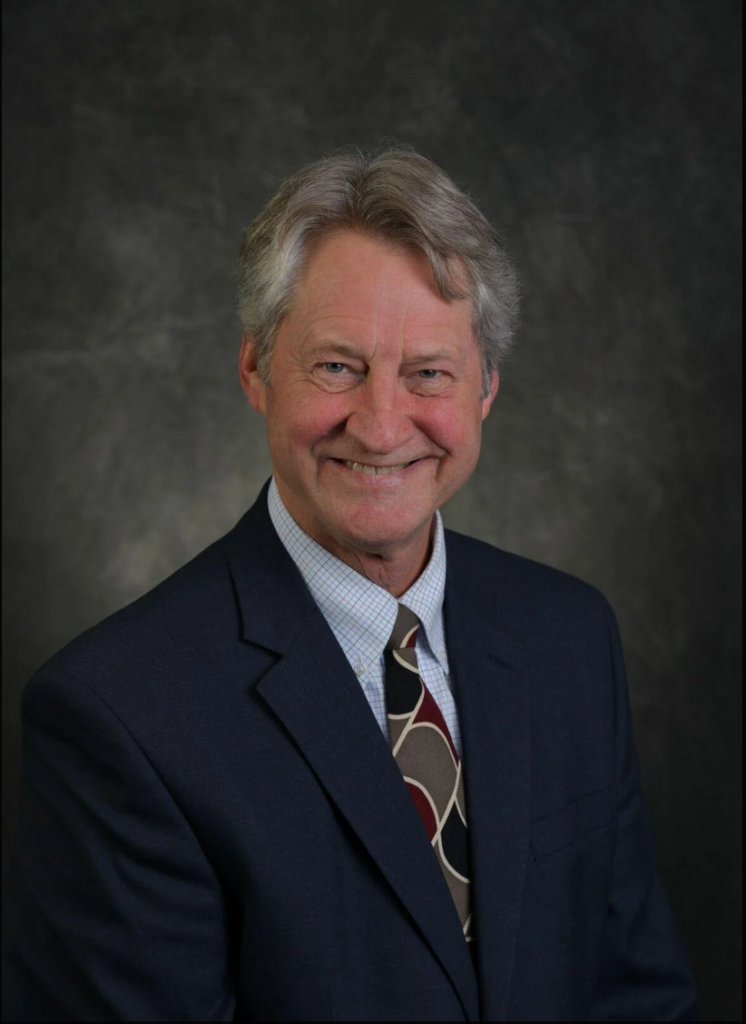The following originally appeared as an op-ed published in the Casper Star-Tribune
+
Just about everyone in Wyoming knows someone who has struggled with mental health. Mental health problems impact a wide variety of people all across the state, from all walks of life.
When people receive help and treatment for mental health, their outcomes improve significantly. But for many low-income Wyomingites who don’t have health insurance, help is out of reach.
As the legislative chair for the Wyoming Psychological Association, I, as well as my colleagues, have seen this happen firsthand in the state. That’s why we support efforts by Healthy Wyoming, a coalition of statewide groups bringing more attention to this vital issue each year and advocating for Medicaid expansion.
Kudos to Gov. Mark Gordon for raising awareness about mental health issues at the recent Mental Health Summit in Casper. The governor said one of the state’s main goals is to improve access to timely treatment.
We know expanding Medicaid helps reduce the number of uninsured, with positive results for their behavioral health. All we have to do is look at what happened in Montana, another rural state that expanded Medicaid in 2016.
We need to go further than just recognizing that Wyoming has critical mental health problems. How much money someone earns shouldn’t keep anyone from being treated for a mental health condition.
The state has the highest rate of suicide in the nation, with about 30 people per 100,000 taking their own lives each year. That’s more than double the national average.
The Kaiser Family Foundation, which provides health care data in every state, says 30% of Wyoming adults reported symptoms of anxiety or depression last year. Of this population, nearly one in five did not receive counseling or therapy, often because they couldn’t afford it.
To reduce roadblocks to affordable mental health care in Wyoming, I wondered out loud at the summit, why wouldn’t we accept federal help for a national problem? Substance use disorders and other mental health conditions are national problems, not unique to Wyoming.
We know expanding Medicaid helps reduce the number of uninsured, with positive results for their behavioral health. All we have to do is look at what happened in Montana, another rural state that expanded Medicaid in 2016.

By 2019, about 10,000 expansion enrollees in Montana had received substance use disorder treatment, and 30,206 had received outpatient mental health services. By 2020, nearly 34,000 expansion enrollees had a behavioral health diagnosis provided on a claim or received a behavioral health service and resources for substance use disorder treatment increased by over 70%. Additionally, funding for “prevention” services doubled, and the number of state recognized substance use disorder provider locations doubled.
Wyoming can have the same results.
The fiscal benefits of expansion are huge. With the federal government paying 90% of expenses, about $54 million in new funding was added to Montana’s behavioral health care system alone.
The National Center on Budget and Policy Priorities says Montana’s fiscal gains from Medicaid expansion could serve as a model for Wyoming. Montana has saved enough to cover more than two-thirds of the state’s 10% expansion costs.
A national think tank, the Commonwealth Fund, estimates expanding Medicaid could create nearly 2,000 Wyoming jobs and grow the state’s overall economic output by $1.5 billion in five years. Expansion would also save hospitals millions of dollars they now lose treating patients who can’t afford to pay.
So, how can we keep saying no to this?
Wyoming is making progress in the fight to expand Medicaid. During the 2021 Wyoming General Session, the House, for the first time, passed a Medicaid expansion bill, but it died in a Senate committee. Because of the Legislature’s rules that require more support during a budget session, no bill advanced this year.
A 2021 survey conducted by a well-known Republican firm found that more than two-thirds want the program expanded. A majority of Wyoming Republicans, Democrats and independents support it.
What can you do to make Medicaid expansion a reality?
The governor and the Legislature need to know that residents support Medicaid expansion. So please let them know how much Medicaid expansion will improve the mental and physical health of many of their most vulnerable constituents.
Hollis Hackman, Ph.D., is a psychologist and legislative chair for the Wyoming Psychological Association.




